IVF

The Failed IVF Conundrum: What If the Missing Link is the Male Factor?
January 2, 2026An exclusive article by Dr. Karthikeyan, Uro Andrologist, Chennai....
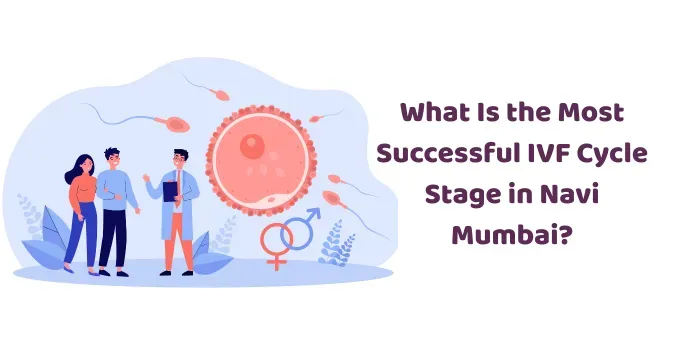
What Is the Most Successful IVF Cycle Stage in Navi Mumbai?
September 13, 2025Infertility is growing among th...
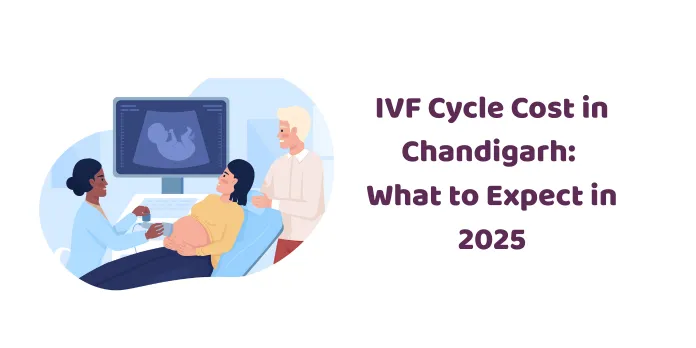
IVF Cycle Cost in Chandigarh: What to Expect in 2025
September 11, 2025Millions of couples facing fertility problems opt for IVF (...

Top IVF Clinics Near You in Delhi-NCR That Couples Trust in 2025
September 11, 2025Infertility refers to the inability to conceive naturally. According to the most recent d...
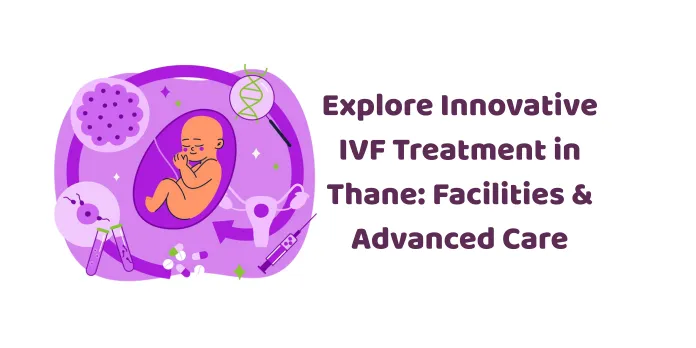
Explore Innovative IVF Treatment in Thane: Facilities & Advanced Care
September 10, 2025Infertility has become a widespread reproductive problem all...

How to Mentally Prepare for IVF Treatment in Chandigarh: A Step-by-Step Guide
August 18, 2025Infertility affects millions of couples in India, with over 25-30 million actively seeking treatm...

Understanding the Factors Affecting IVF Cost in Navi Mumbai
August 12, 2025Having a family is something every couple aspires for. However, at times, getting pregnan...
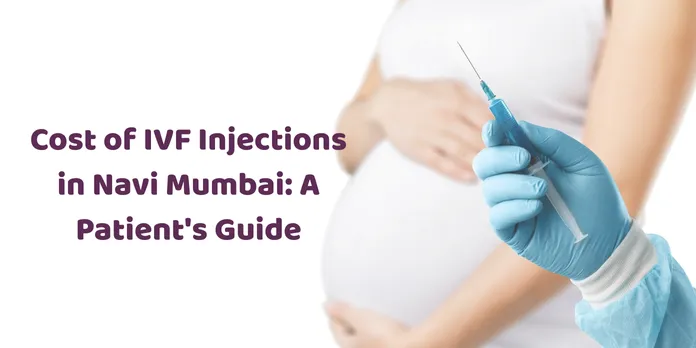
Cost of IVF Injections in Navi Mumbai: A Patient's Guide
August 8, 2025IVF has emerged to be a ray of hope for couples who are unable to conceive naturally as a...
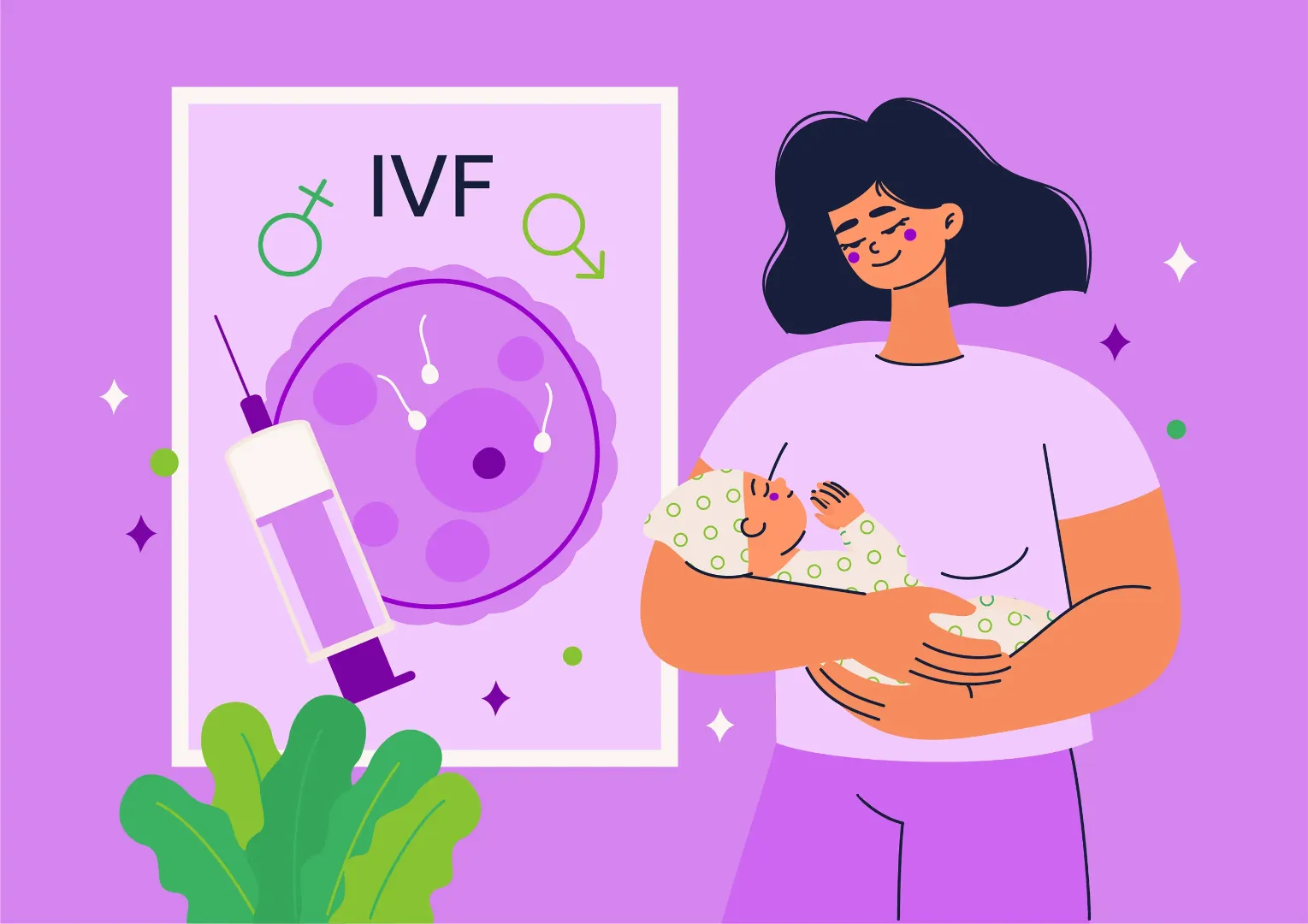
Achieving IVF Success Rate in Navi Mumbai: A Step-by-Step Roadmap to Parenthood
August 5, 2025Overview of IVF Success Rate in Navi Mumbai Handling deadlin...

IVF Cycle Cost in Banjara Hills: Transparent Pricing & Top Fertility Clinics Near You
August 4, 2025Over 8 million babies have been born through IVF (In Vitro Fertilization). This revolutio...

IVF Success Rate in Banjara Hills: Top Clinics Near You & Key Factors
August 4, 2025Why Choose IVF Clinics in Banjara Hills, Hyderabad? IVF, or ...

Which IVF Clinic in Chandigarh Has the Highest Success Rate?
August 1, 2025More than 2 to 2.5 lakh IVF cycles are performed annually in India only. With increasing numbers ...
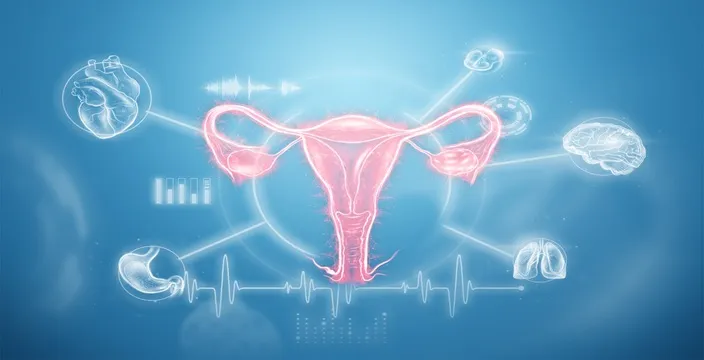
IVF Success Rate in Thane: What to Expect & Where to Find the Best Clinics Near You
July 29, 2025Thane has emerged as one of the top destinations for fertility treatments in Mumbai. Yes,...

First IVF Consultation in Thane: A Complete Guide for Couples
July 29, 2025Infertility is becoming a growing concern throughout the world, particularly in India, where mill...

Understanding Fertility Treatments and IVF Cost in Ghaziabad
July 22, 2025Ghaziabad, a city close to Delhi, is becoming a popular choice for fertility ca...

Which Centre has the Highest IVF Success Rate in Noida?
July 17, 2025Choosing the right fertility clinic is beyond a checklist decision. It sets the tone fo...

Best IVF Centre in Delhi for Personalized Infertility Treatment and Cost
May 28, 2025Being childless can be very emotionally challenging and costly. But with the right suppor...
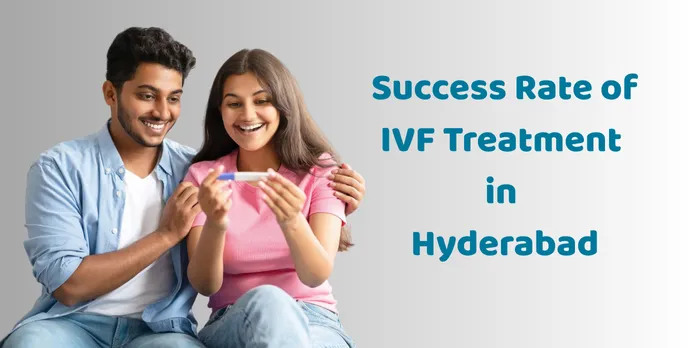
An Overview of IVF Success Rates in Hyderabad
January 10, 2025Infertility is a condition where a couple is not able to conceive a baby naturally even after try...
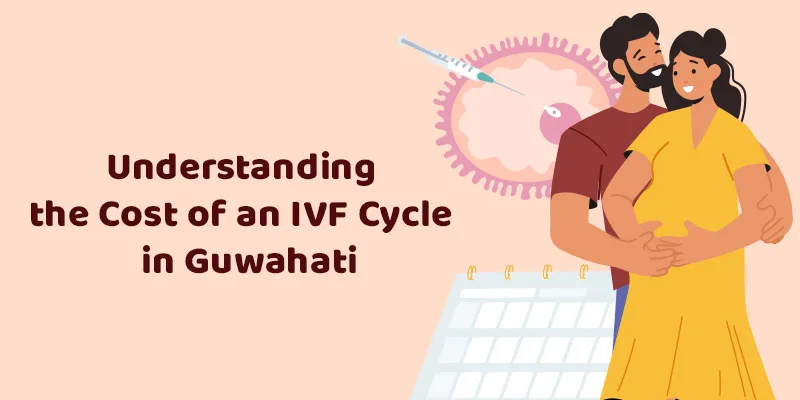
Understanding the Cost of an IVF Cycle in Guwahati
January 10, 2025Infertility is a growing reproductive health concern among the younger population due to rising p...
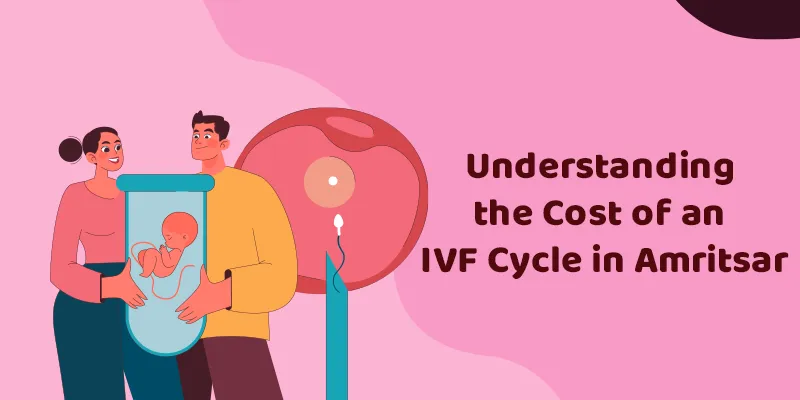
Understanding the Cost of an IVF Cycle in Amritsar
January 10, 2025IVF treatment is evidence that modern medical science is capable of doing miracles. Problems such...